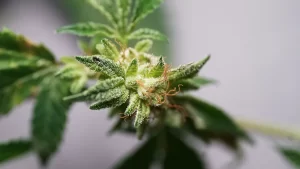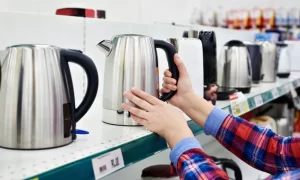What is Short Cycling in HVAC?

Nowadays, energy efficiency plays an important role in home and business heating, ventilation, and air conditioning (HVAC) systems. One of the most important things to consider when setting up an HVAC short cycling system is that it can be detrimental to efficiency and the life of the system. In this article, we will discuss short cycling in HVAC systems and how it can be avoided.
What is Short Cycling?
Short cycling occurs when an HVAC system runs for a short period of time and then turns off before it has had the chance to reach its full operational capacity. This can happen with any type of heating or cooling system, but it is especially common in air conditioners and heat pumps. Short cycling reduces the efficiency of the unit and can cause problems such as uneven temperatures throughout the house, higher energy bills, and decreased life expectancy of the system.
Causes of Short Cycling
There are a few common causes of short cycling in HVAC systems. The first is an undersized system that is unable to keep up with the demand placed on it, resulting in frequent shutdowns in order to avoid overheating. Another cause can be caused by clogged air filters or dirty air ducts, which restrict airflow and cause the system to shut down before it reaches its full operational capacity. Finally, a malfunctioning thermostat can cause short cycling by giving incorrect readings and causing the system to turn off prematurely.
To avoid short cycling and ensure that your HVAC system is functioning optimally, it’s crucial to have regular maintenance performed by a professional. Additionally, for more detailed information on HVAC systems, you can refer to the ultimate guide to your HVAC system.
How to Avoid Short Cycling?
There are several steps that can be taken to prevent short cycling in an HVAC system:
- Check and replace air filters regularly, as a clogged filter can cause the unit to run inefficiently.
- To ensure all components are functioning correctly, it’s essential to have regular maintenance performed by a professional for HVAC system in Atlanta.
- Make sure the size of the unit is appropriate for your needs; if it is too small, it may not be able to handle the load, leading to short cycling.
- Inspect and repair any leaks or blockages in ducts or vents.
- Make sure the thermostat is calibrated correctly and set at the right temperature.
To Conclude
Short cycling in an HVAC system can lead to a range of problems, from increased energy bills to decreased efficiency of the unit. To prevent short cycling, it is important to inspect and maintain the system regularly, replace or clean filters on a regular basis, and make sure that the thermostat is calibrated properly. Following these steps can help ensure that your HVAC system is running as efficiently as possible for years to come.







